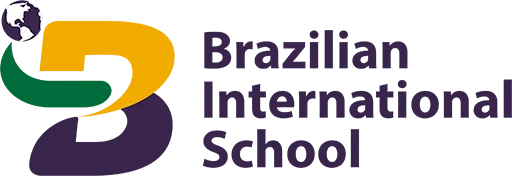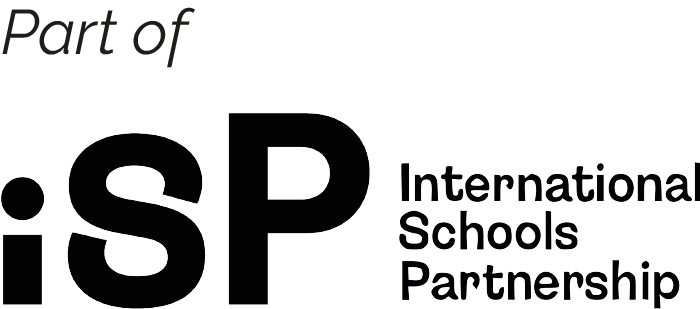
Elementary School
The initial years of Elementary School coincide with a time of multiple learnings, personality formation, and the development of fundamental skills. These multiple learnings relate to the ability to think, plan, solve, and adapt, considering new experiences, the environment, and social relationships. It is a significant period and, as such, should be conducted with care, responsibility, and excellence.
The stage from Year 1 to Year 5 of Elementary School is marked by the expansion of the curriculum and the broadening of identity perception and social organization of the students. During this phase, the school’s role is to cover the content required for Elementary School and promote an environment that encourages discovery. At Brazilian International School, the elementary school comprises both international and Brazilian curricula, offering the opportunity for students to expand their learning through different subjects in both English and Portuguese.
The Brazilian International School’s program, structured to propel students and promote leadership, aligns with these propositions. Bilingual teaching at this stage of Basic Education facilitates rapid fluency acquisition and broadens students’ intellectual horizons.
Elementary School Educational Proposition: Year 1 to Year 5
BIS prepares children and adolescents to face the challenges of a new world with determination and, most importantly, the means to do so. They aim to become citizens perfectly adapted to a globalized society and equipped with the capacity for continuous evolution.
The institution believes students must be properly stimulated in an appropriate environment to reach their full potential. The entire educational proposal has been designed to provide this complete development, including at a personal level.
In Elementary School, we value the knowledge of the vernacular from the beginning: understanding the Portuguese language, the history and geography of our country, and all our cultural manifestations.
The institution’s vision and commitment involve placing students in a multicultural context where they can develop proficiency in one or more foreign languages and broaden their intellectual horizons without losing their Brazilian cultural identity. That is, in fact, one of the most essential points of the Brazilian International School’s educational philosophy.
The school is convinced that only through knowledge, culture, refined education, and solid ethical and moral preparation can students achieve full citizenship and aspire to high social and professional positions.
In particular, bilingualism has become a minimum requirement for professional success. That is why Brazilian International School continues its bilingual education program, which started in early childhood education, where students follow a national and an international curriculum with specific subjects. The language is also naturally incorporated into extracurricular activities, always in a dynamic and genuine way.
The school’s perception is that learning truly happens when knowledge is validated and meaningful. We believe in contemporary education where curricula transcend the mere internalization of content and promote relevant learning with the global development of students capable of intervening in their social environment. This awareness guides the institution’s work to ensure that students develop autonomy and critical thinking.
Extracurricular Activities
The extra activities for Elementary School complement the formal curriculum by promoting art, sports, and education. All extracurricular proposals are carried out by qualified professionals aligned with the Brazilian International School’s project and methodology.
In futsal, tennis, rhythmic gymnastics, judo, yoga, ballet, theater, guitar, and art classes, students gain greater awareness of the sociocultural values related to the activities they are practicing.
Additionally, gardening, cooking, and computer science are part of the students’ routine. These activities aim to instill principles such as environmental responsibility, digital responsibility, sustainability, and the importance of a balanced diet. All these aspects are part of a comprehensive education plan for Brazilian International School.
Specific Objectives for Elementary School
Continue the pre-literacy program started in Early Childhood Education and complete the literacy process in Year 1;
Provide conditions for students to receive a broad basic education in the cognitive, socio-emotional, and psychomotor fields, promoting the comprehensive development of their potential as active individuals in the social context;
Develop students’ individual and creative skills, as well as guide them towards a critical attitude about the world;
Encourage group work so that students respect their peers’ work and enhance social experiences;
Know, value, and respect artistic and cultural assets.
Cambridge Exam
In partnership with Cultura Inglesa, the students of the Elementary School (Year 3, Year 4, and Year 5) have access to Cambridge For Young Learners. The exam assesses candidates’ proficiency in Listening, Speaking, Reading, and Writing skills. This is a performance assessment test that does not lead to failure. However, it is important to emphasize that students receive an International Certificate from England, which certifies their competencies.
The tests are administered by teachers from Cultura Inglesa and graded by educators from England who specialize in linguistics and English teaching, ensuring even more accurate results regarding the correct use of the language.





